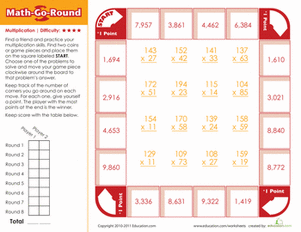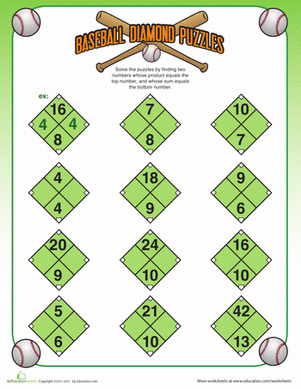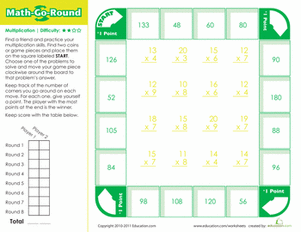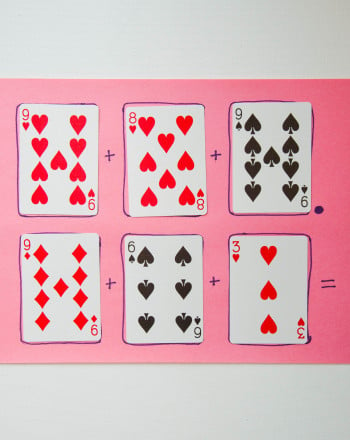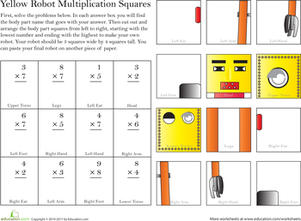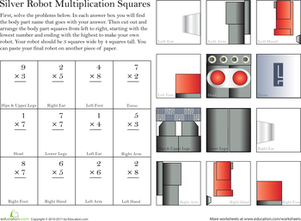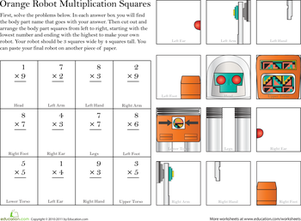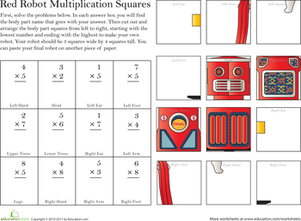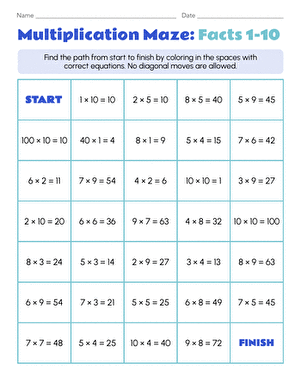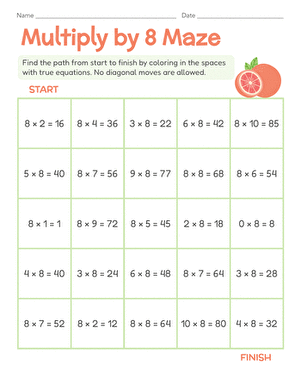Offline Educational Multiplication Games
About Offline Educational Multiplication Games
On Education.com, offline multiplication games provide hands-on, tactile ways to practice and reinforce multiplication facts. Examples include card games, dice activities, and printed worksheets that make learning engaging and memorable. These games help students develop computational fluency while encouraging strategic thinking and teamwork. Using physical manipulatives strengthens number sense without relying on digital devices.
Printable activities on Education.com offer a wide variety of multiplication games such as bingo, tic-tac-toe, and matching challenges. They give students structured opportunities to practice facts while having fun, making learning more interactive than worksheet-based exercises. Teachers and parents can use these resources to enhance lessons, provide additional practice, or create classroom or home learning stations that foster collaboration and critical thinking.
Learning with physical games supports memory retention and problem-solving skills in elementary students. By using resources like Multiplication Turtle Number Line, strategic board games, and printable flashcards, learners build confidence and accuracy in facts. These engaging materials provide meaningful alternatives to digital practice, combining entertainment with education.
Printable activities on Education.com offer a wide variety of multiplication games such as bingo, tic-tac-toe, and matching challenges. They give students structured opportunities to practice facts while having fun, making learning more interactive than worksheet-based exercises. Teachers and parents can use these resources to enhance lessons, provide additional practice, or create classroom or home learning stations that foster collaboration and critical thinking.
Learning with physical games supports memory retention and problem-solving skills in elementary students. By using resources like Multiplication Turtle Number Line, strategic board games, and printable flashcards, learners build confidence and accuracy in facts. These engaging materials provide meaningful alternatives to digital practice, combining entertainment with education.











